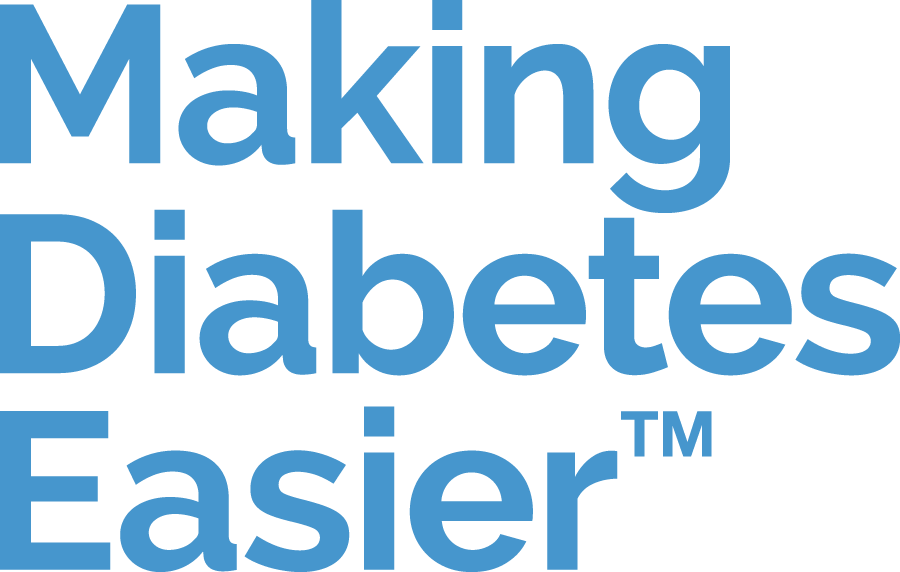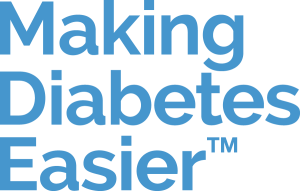Diabetes and Ramadan: Managing your blood glucose while fasting

40 to 50 million people with diabetes worldwide fast during Ramadan, the ninth month of the Islamic calendar. Fasting between sunrise and sunset may raise the risk of hypoglycaemia and hyperglycaemia. Read on for some tips for managing diabetes whilst fasting.
Adjust your treatment in consultation with your doctor
Consider getting in touch with your healthcare team and let them know that you intend to fast during Ramadan. This will help you to understand the possible risks involved with fasting for your personal situation - and gather information about possible consequences and the best way to manage or avoid them.
Observing the holy month while managing your diabetes is possible and your healthcare team will be able to help you to adapt your treatment, physical activity, and diet to the special conditions of Ramadan.
Type 1 Diabetes
If you’re living with type 1 diabetes, to manage your blood glucose effectively whilst fasting, you may be encouraged to change the time and units of insulin that you administer during your day. It’s recommended that you pay particular attention to testing your blood glucose more frequently throughout the day too.
Type 2 Diabetes
With type 2 diabetes, you may be asked to consider spreading your calorie intake over three smaller meals throughout the non fasting intervals, to limit the possibility of hyperglycaemia. You may also be advised to adjust the length and intensity of physical activity during the day to limit the risks of hypoglycaemia.
Taking particular care
During Ramadan, it is recommended that you monitor your blood glucose more frequently, especially if you are living with type 1 diabetes or type 2 diabetes and using an insulin-based treatment. It may be helpful to check your blood glucose level more often because of the changes in your diet, and any time you feel the symptoms of hypoglycaemia or hyperglycaemia.
Can I perform Tarawih evening prayers?
Yes, you can absolutely take part in Tarawih evening prayers. Did you know that Tarawih evening prayers (multiple prayers after the sunset meal) can be considered as physical activity? It’s a good idea to consider them as part of your daily exercise programme and be mindful of this activity when adjusting your treatment. [1,2]
Your diet during fasting
Ramadan is an occasion for reflection and community whilst spending time with family and friends and eating traditional dishes. Here are some dietary tips to help you enjoy these moments while managing your diabetes:
- consider spreading your food intake over two or three smaller meals to limit hyperglycaemia;
- try to maintain a balanced diet throughout the month of Ramadan by limiting the consumption of sweet and fatty foods;
- include small amounts of simple sugars (for example a few dates) in your evening iftar meal and opt for the more complex carbohydrates in your pre-dawn seher meal;
- consider including high-fibre foods (wholegrain cereals, brown rice, fruit and vegetables) for the iftar and seher meals;
- have your pre-dawn seher meal as late as possible.
As one of the five pillars of Islam, Ramadan is an important time for all Muslims. Talking things through with your healthcare team and adjusting your treatment will help you to experience this sacred time comfortably.
References
- A. Badshah. Management of diabetes in Ramadan. J Ayub Med Coll Abbottabad Oct-Dec 2018; 30(4), 596-602.
- M. Al-Arouj et al. Recommendations for Management of Diabetes During Ramadan. Diabetes Care 2005 Sep; 28(9): 2305-2311; doi: 10,2337/diacare.28.9.2305. https://doi.org/10.2337/diacare.28.9.2305.
- M. H. Ahmed, Diabetes and Ramadan: A concise and practical update. J Family Med Prim Care. 2017 Jan-Mar;6(1):11–18; doi: 10.4103/2249-4863.214964.
- M. Hassanein et al. Diabetes and Ramadan: Practical guidelines. Diabetes Research and clinical practices Vol. 126 (March 2017) 303-316; doi: 10.1016/j.diabres.2017.03.003


